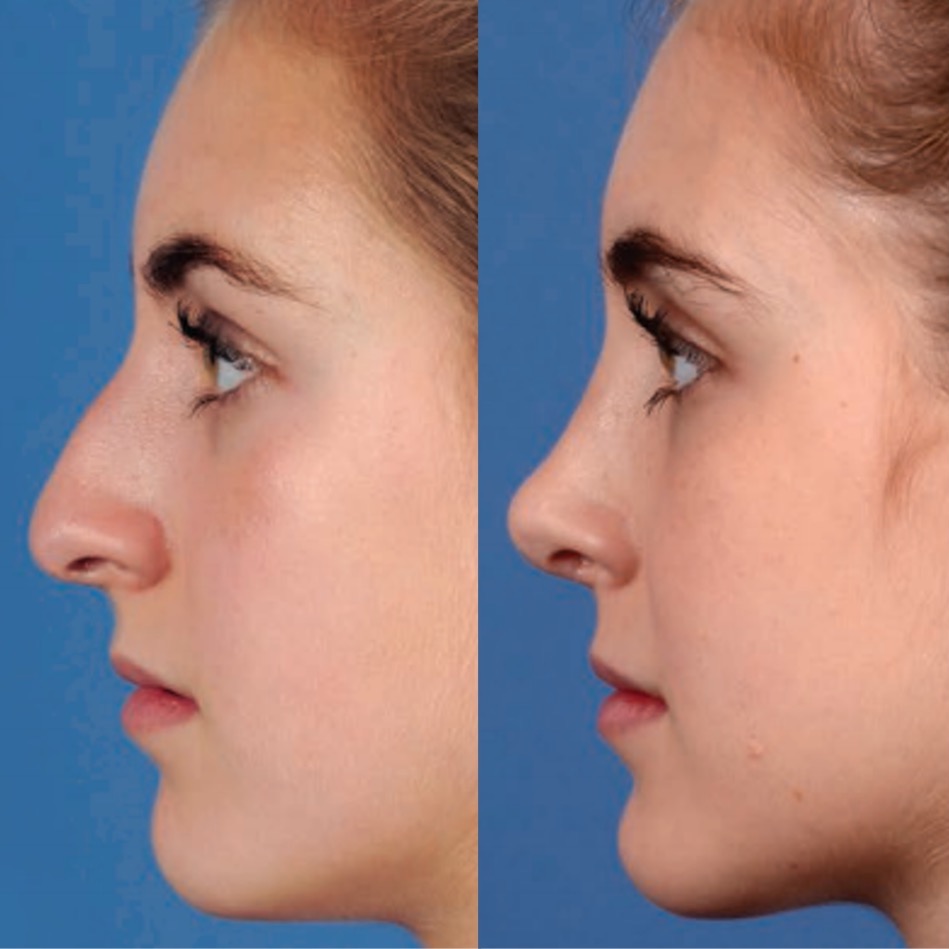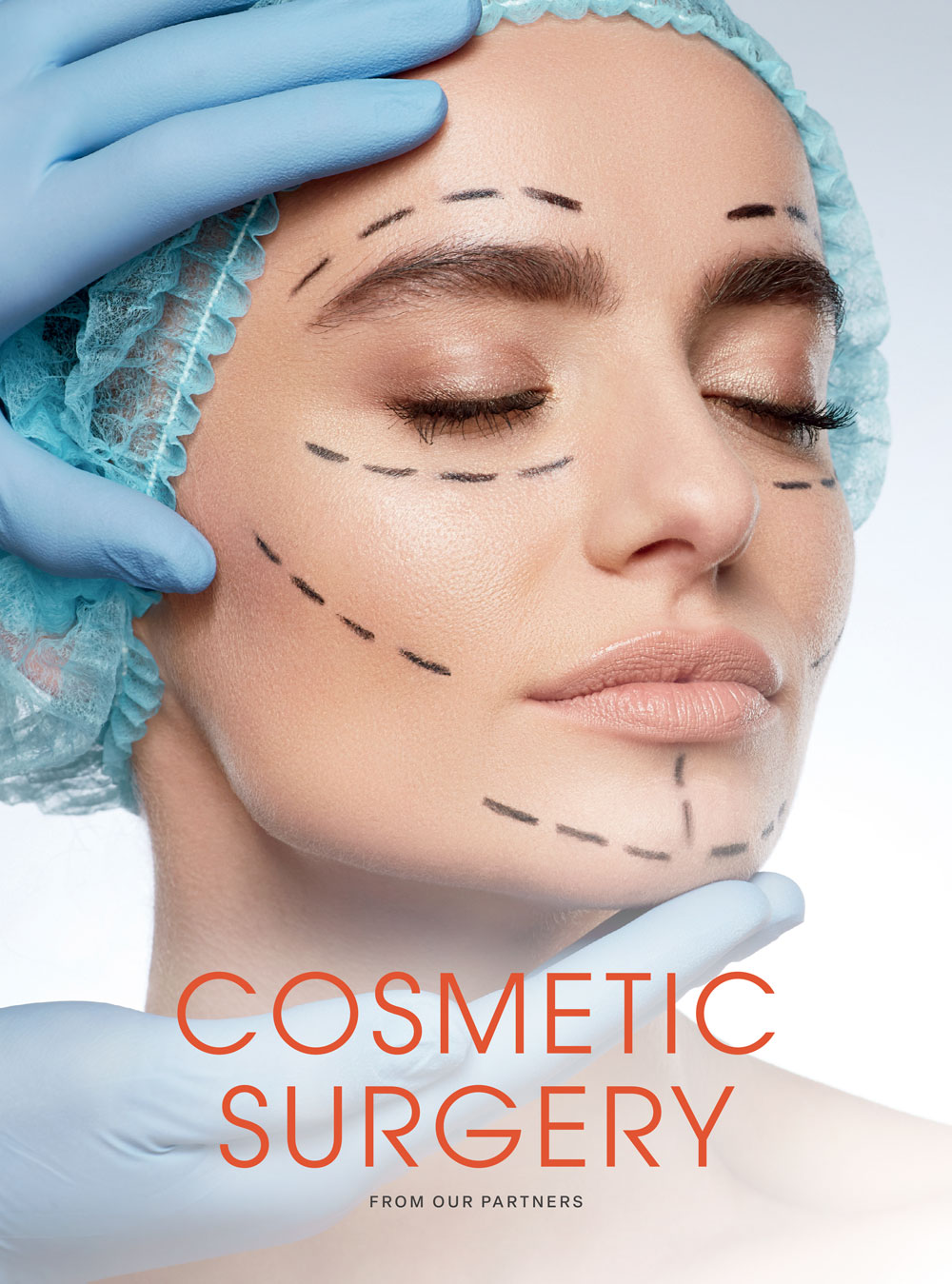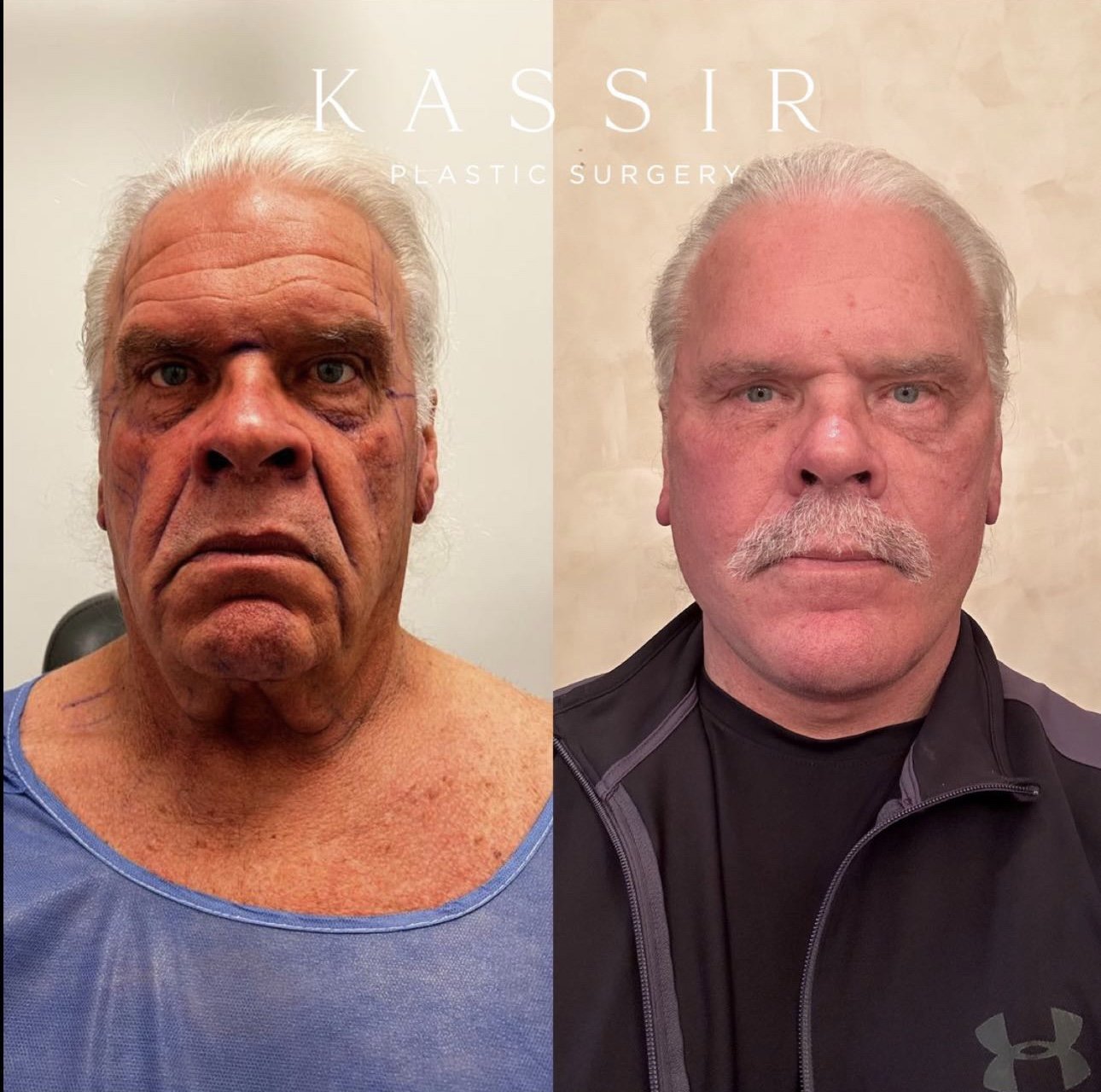Liposuction Bellevue: Target Persistent Fat with Leading Plastic Surgeons
Liposuction Bellevue: Target Persistent Fat with Leading Plastic Surgeons
Blog Article
A Deep Dive Into the Typical Validation for Looking For Cosmetic Surgical Treatment: Unpacking the Need for Modification and Self-Improvement

Societal Stress and Beauty Standards
Often, social pressures and prevailing charm criteria play a significant role in individuals' choices to pursue cosmetic surgical treatment (liposuction bellevue). In modern culture, visual representation greatly affects individual understandings of appearance, commonly continued by media, star endorsements, and social platforms. These networks often promote idealized versions of beauty, leading people to internalize these requirements and examine their self-regard versus them

In addition, these stress are not restricted to particular demographics; they affect people throughout different ages, genders, and backgrounds, highlighting the prevalent nature of appeal standards. This prevalent impact elevates vital questions about the principles of cosmetic surgical treatment and the effects of social standards on specific options. Ultimately, understanding these stress is crucial for cultivating a much more inclusive interpretation of charm that commemorates variety.
Personal Experiences and Transformative Stories
Several people who undertake cosmetic surgery record transformative experiences that extend past mere physical changes. For several, these procedures act as a driver for boosted self-confidence and a restored feeling of identification. Clients regularly explain sensation liberated from long-lasting insecurities, bring about enhanced confidence in both personal and professional worlds.
Take, for instance, the story of a girl that underwent boob job after years of sensation uncomfortable concerning her appearance. Post-surgery, she reported not only a newfound comfort in her body but also a significant enhancement in her social life and job chances. Similarly, a middle-aged male that selected to undertake a facelift shared just how the treatment renewed his outlook on life, triggering him to seek brand-new rate of interests and partnerships.

Emotional Elements Behind Aesthetic Surgery
Various mental variables contribute to the decision to undertake plastic surgery, reflecting deeper mental and psychological health considerations. Individuals frequently pursue surgical enhancements as a way to deal with feelings of inadequacy, reduced self-worth, or dissatisfaction with their look. These emotional inspirations can be rooted in previous experiences, social comparisons, or individual desires.
Body image distortion is a prevalent issue, where individuals perceive their physical qualities in an exaggeratedly adverse light. This distortion can lead to obsessive ideas concerning regarded defects, prompting the desire for medical change as a solution. Furthermore, the quest of perfection and societal pressures can amplify these sensations, pressing people toward cosmetic treatments in hopes of attaining an idyllic variation of themselves.
Additionally, the idea of self-improvement plays a critical duty. Lots of individuals see plastic surgery as a path to improve their lifestyle, believing that improved look will result in increased social approval, much better connections, basics or enhanced job possibilities. Eventually, the psychological elements behind plastic surgery emphasize the complicated interplay in between individual self-perception and external impacts, exposing the multifaceted nature of the need for modification.
The Function of Media in Understanding
In today's culture, media plays an essential role fit understandings of elegance and self-regard. Via different platforms-- social media sites, television, and advertising-- idyllic standards of elegance are typically disseminated, influencing individual ambitions and self-image. These portrayals often stress narrow definitions of appearance, mainly featuring vibrant, slim, and electronically improved photos, which can produce impractical benchmarks for individuals making every effort to adapt.
The impact of media is additional aggravated by the pervasive nature of social media, where customers are pounded with curated web content that highlights aesthetic enhancements, supporting a society of comparison. This continuous direct exposure can lead to feelings of insufficiency amongst viewers, prompting them to take into consideration cosmetic surgery as a way of attaining the regarded suitable. Research suggests that individuals that involve with these media representations are more probable to express discontentment with their appearance, enhancing the desire for surgical interventions.
Furthermore, the normalization of cosmetic surgical procedure in media stories can desensitize audiences, mounting such treatments as commonplace and also needed for social approval. Hence, the media's portrayal of charm not only influences private options relating to plastic surgery yet additionally adds to a more comprehensive social discussion about self-respect and identification.
Honest Factors To Consider and Future Patterns
Amidst the expanding popularity of cosmetic surgery, honest considerations surrounding the practice have actually come to be increasingly popular. As the demand for treatments increases, so as well do issues concerning educated authorization, the emotional inspirations of people, and the potential for exploitation by surgeons. It is crucial for experts to make sure that individuals fully understand the risks and advantages, as well as the ramifications of their choices, to cultivate an accountable method to aesthetic enhancements.
Additionally, the influence of social media sites and charm standards increases inquiries concerning the influence on psychological health and wellness, particularly amongst at risk populations. As understanding of body image problems expands, honest technique requires a careful examination of the motivations behind surgical treatments. Cosmetic surgeons must stabilize patient wishes with moral responsibility, making sure that decisions are rooted in authentic self-improvement as opposed to societal pressures.
Aiming to the future, fads may change towards non-invasive and technically progressed procedures, highlighting patient security and complete satisfaction. Furthermore, the incorporation of mental examinations can help attend to underlying concerns prior to surgical intervention. The plastic surgery area must adapt to these honest difficulties while advertising a society of openness and self-acceptance, ultimately prioritizing the wellness of individuals.
Conclusion
To conclude, the pursuit of cosmetic surgery is influenced by a confluence of societal pressures, personal experiences, and mental elements. The desire for alignment with prevailing beauty criteria, coupled with the potential for transformative outcomes, emphasizes the intricate inspirations driving individuals toward these treatments. In addition, the duty of media fit understandings of beauty can not be understated. As ethical factors to consider advance, future patterns in cosmetic her response surgical treatment will likely reflect continuous social dialogues surrounding self-improvement and specific identification.
Frequently, social pressures and dominating charm standards try this website play a substantial duty in individuals' choices to go after cosmetic surgery. liposuction bellevue. Eventually, these transformative stories highlight the diverse reasons people seek cosmetic surgical treatment, linking personal development with the pursuit of visual enhancement
Lots of people see cosmetic surgical procedure as a pathway to boost their quality of life, thinking that boosted appearance will certainly lead to enhanced social approval, much better connections, or improved occupation possibilities. Ultimately, the mental variables behind cosmetic surgical procedure underscore the complicated interaction between private self-perception and exterior impacts, exposing the diverse nature of the need for change.
As moral factors to consider advance, future patterns in cosmetic surgical procedure will likely mirror ongoing societal dialogues surrounding self-improvement and specific identification. liposuction bellevue.
Report this page